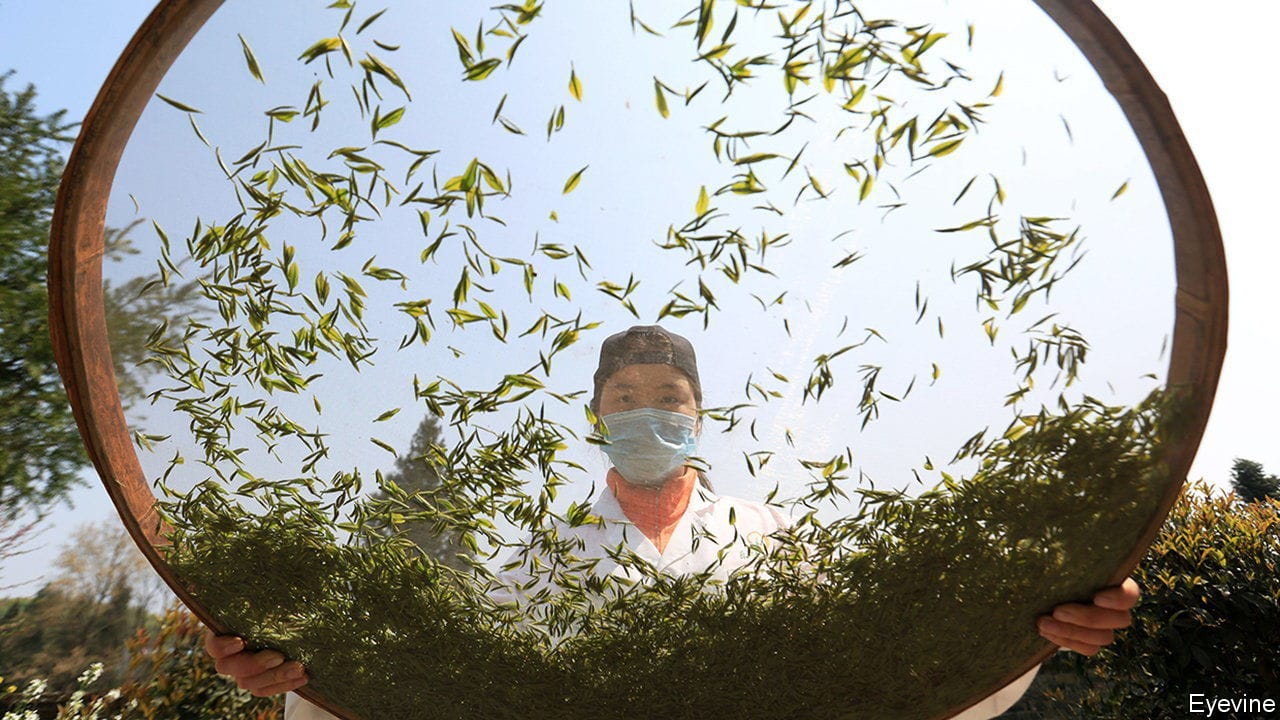- by
- 07 24, 2024
-

-
-
Loading

Loading

TEA IS FAMILIAR around the world. People drink more than 2bn cups of it each and every day. Even so, it can pull surprises, as Ali Inayat Mallano and Jeffrey Bennetzen of Anhui Agricultural University, in China, have just shown.Tea producers long assumed that the flavours of the most widely drunk varieties of this beverage, so-called black teas like Darjeeling, Assam and English Breakfast, were a consequence of some of the chemicals in tea leaves being oxidised while those leaves were being dried. Dr Mallano and Dr Bennetzen suspected, however, that, like the flavours of more expensive and rarefied “dark” teas such as kombucha, Pu-erh and anhua, black-tea flavours are at least partly a product of fermentation. This would mean they could be manipulated by tweaking the mix of micro-organisms doing the fermenting.